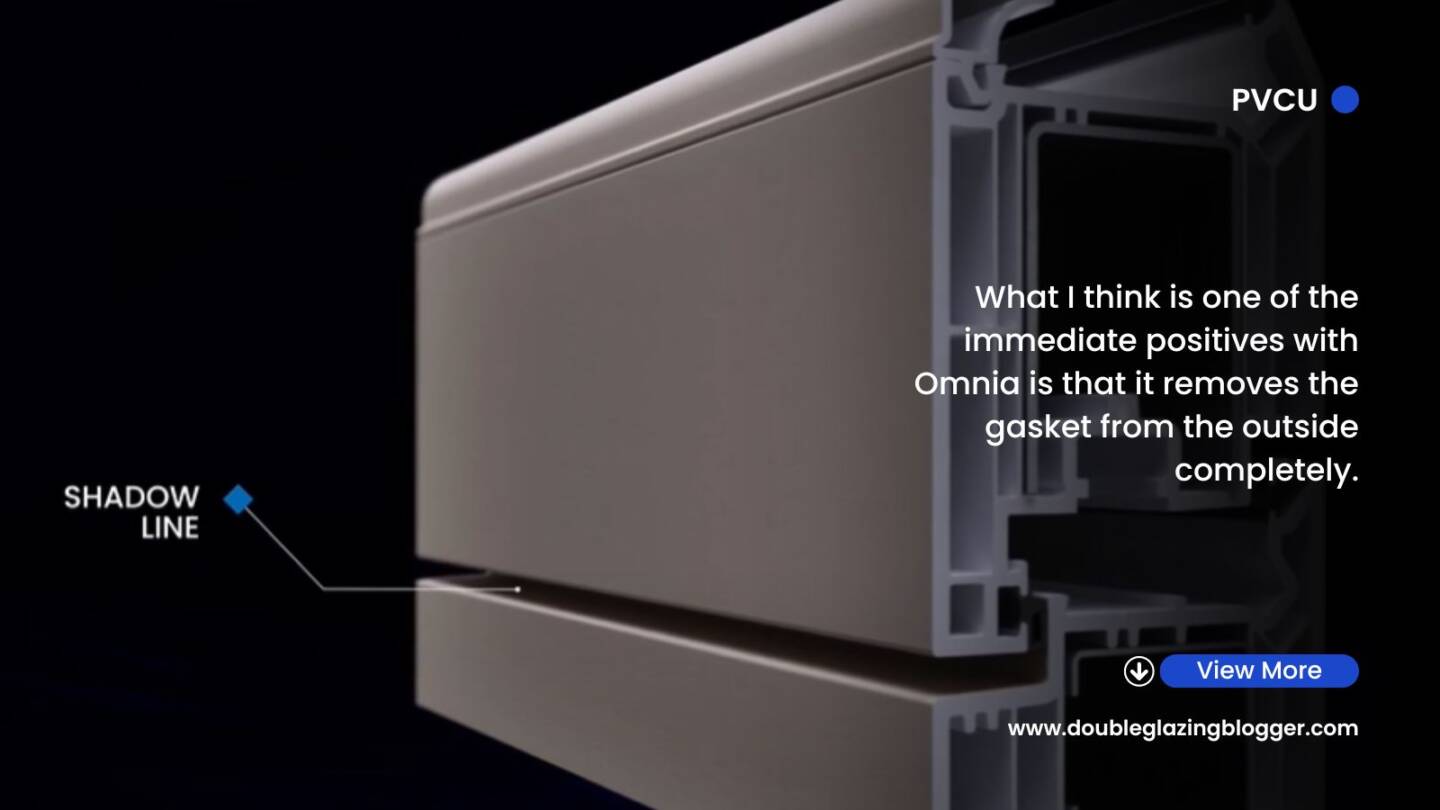These will be a series of tweets that will send a shudder, and quite rightly, down the backs of all door companies who are in the business of producing fire doors:
A spokesman for Kensington and Chelsea Council says test results on fire doors used in Grenfell tower "are as yet inconclusive" and is urging the Government to move as quickly as it can to provide "clarity about the situation"
— Sky News Breaking (@SkyNewsBreak) March 15, 2018
Communities Secretary Sajid Javid says Government has ordered further tests on doors designed to resist fire for 30 minutes at Grenfell tower which only resisted fire for 15 minutes
— Sky News Breaking (@SkyNewsBreak) March 15, 2018
We need no reminder of the devastation of Grenfell that played out in 2017. Something we all hope to never see ever again.
Since then, various investigations into the disaster have been ongoing, with reports being revealed at various times. We know about the issue with the external cladding, which was determined only added to the problems. But these new reports about the fire doors being used in tower will come as dire news to all. For the companies involved in the production of fire doors, these tweets and subsequent media coverage will no doubt be causing them to question many of their products.
Investigations are ongoing, and more work is required to gain a full and complete picture as to the full circumstances of the disaster. But if the final conclusions produce the same results, then this is going to almost certainly cause enormous disruption in the fire door industry.
Questioning everything
There will be a final conclusion at some point, where these reports will either be substantiated or not. If the final report returns a verdict that the doors were not compliant, or they found some specific faults with the products, there will be upheaval.
Fire doors, or FD doors, come mostly in four groups:
- FD30
- FD60
- FD90
- FD120
The numbers after the letters represent the number of minutes that fire door is supposed to hold up against a fire. So, for a supposed fire door to have allegedly failed after 15 minutes, this would represent a sever failing of that product if found to be true.
We also have to consider that although the fire doors may actually have been the correct ones used in Grenfell tower, other causes such as poor quality installation could have also had an impact. A product on it’s own cannot solve all problems. As I often say to home owners during general discussions, you can have the best window and door in the world, but if it’s not fitted correctly, very little of that matters.
The ramifications of this could be vast. Not only because there will be intense questioning of the products used in Grenfell, but also a frantic investigation into the thousands of other tower blocks that may be fitted with the same inadequate products. If this is found to be the case, the consequences, both financially and in responsibility could cause firms to fail.
Toothless bodies
The other bigger question is if these doors did fail, how were they allowed to be fitted in the first place? Surely the legislation and law is in place to ensure that such things don’t happen?
This sort of question and debate crosses over into a similar debate we often have in the window industry, and the lack of anything substantial for the industry to fear to make sure it does things by the book. Some will naturally want to blame the legislative framework and toothless oversight bodies for failing to ensure companies who carry out this sort of work were able to do it in the first place.
There will be an investigation into the rules and regs surrounding fire doors and other products used in tower blocks no doubt. And that is absolutely right. But there should also be a major review into the whole of construction, it’s sub-industries and how it is policed. In the window industry alone many are more than vocal about the lack of oversight bodies with any meaningful powers or punishments and their unwillingness to use what powers there are. I have heard similar complaints from other areas of construction too. If companies believe that they can get away by cutting corners, then they are going to do so. We can rely on moral compass to stop that from happening.
The events at Grenfell should have never happened. Fires in other tower blocks in the UK and around the world should never happen. We should certainly not forget about the tragedy that struck. But we should also be using this as an opportunity to make sure something like this never happens again. We must toughen up on standard and checks. Industry, including our own, must know that if corners are cut, something is done wrong or anything sinister is ongoing, they will be caught and punished suitably. It’s too easy to get away with so many things it seems, and it has to stop.
To get weekly updates from DGB sent to your inbox, enter your email address in the space below to subscribe:






